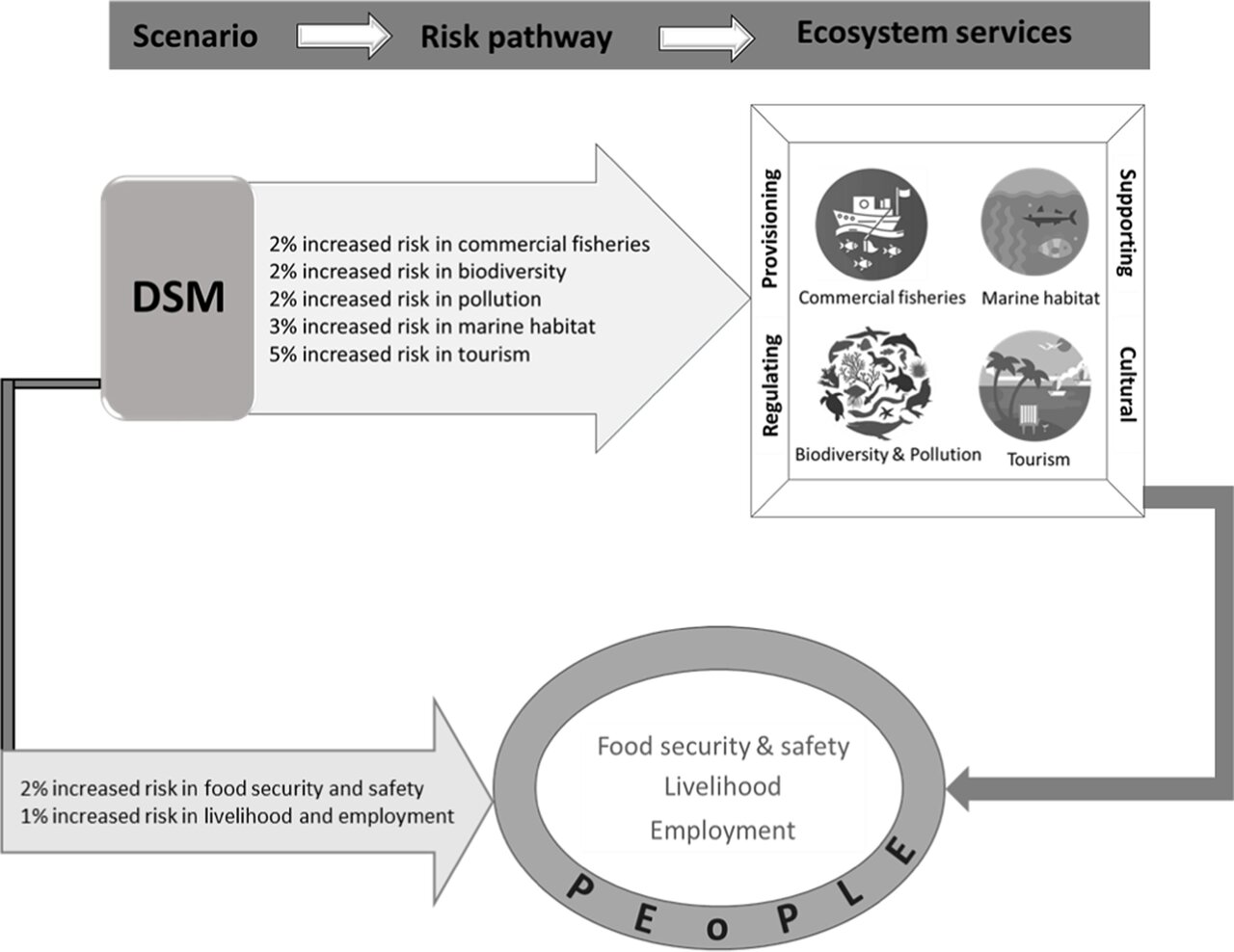Ocean's Dark Depths: How Deep-Sea Mining Could Devastate Coastal Economies and Ecosystems

Deep-sea mining represents a complex and controversial frontier of resource extraction that threatens to dramatically reshape marine ecosystems and the delicate balance of coastal communities. Far beyond simple mineral exploration, this emerging industry poses profound environmental, social, and economic challenges that could have devastating consequences for Small Island Developing States (SIDS) and marine biodiversity.
The potential disruption extends far beyond immediate extraction zones, potentially triggering cascading ecological impacts that could fundamentally alter oceanic habitats. Coastal communities, which have historically relied on marine resources for sustenance and economic survival, stand to lose the most from these invasive mining practices.
Small Island Developing States are particularly vulnerable, as their economic and cultural survival is intimately connected to marine ecosystems. The proposed deep-sea mining operations could irreversibly damage fragile marine environments, threatening traditional livelihoods, food security, and the intricate web of marine life that sustains these communities.
Moreover, the long-term environmental risks associated with deep-sea mining remain largely unknown, presenting a dangerous experiment with potentially irreversible global consequences. The delicate balance of marine biodiversity, which has evolved over millions of years, could be fundamentally disrupted by these extractive activities.
